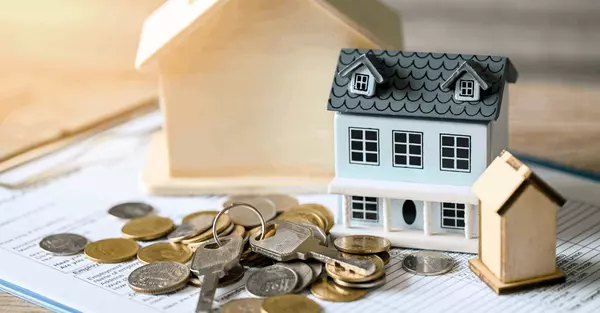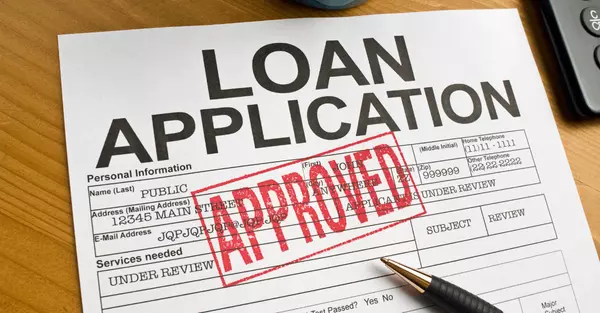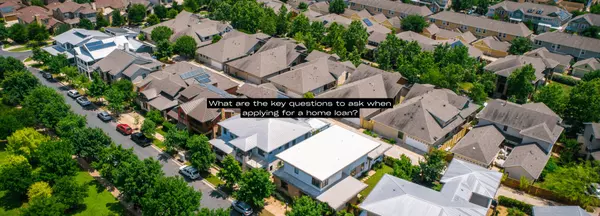

What Are the Tax Implications of Owning a Home in Retirement
Owning a home in retirement affects taxes in several ways: property taxes, mortgage interest deductions, capital gains on sale, and potential impacts on need-based benefits. Understanding these elements helps you plan smarter. Property taxes and relief programs Property taxes remain a recurring cost
Read More

Should I Move Closer to Family or Stay Put? Home Ownership Choices for Boomers in Dumfries, Prince William County, and Woodbridge
"Should I Move Closer to Family or Stay Put?" For Boomers in Dumfries, Prince William County, and Woodbridge, one of the most pressing questions is whether to move closer to family or remain in the home you’ve built over decades. This decision is deeply personal, shaped by emotional ties, financial
Read More

Home Loan Pre-Approval vs. Pre-Qualification in 2025 for NoVA Buyers: VA Loans, Virginia Down Payment Assistance, and Local Lender Nuances
Navigating the mortgage process can feel like a maze, especially in 2025 when rates, programs, and lender practices continue to evolve. For buyers in Northern Virginia (NoVA), understanding the difference between pre-approval and pre-qualification, along with VA loan options and Virginia-specific do
Read More

October Home Search Checklist for Prince William County Buyers: Metro Access, Beltway Commutes, and School Districts with an October Purchase Timeline
If you’re shopping for a home in Prince William County (PWC) this October, you’re likely weighing Metro access, commute times, and school quality—all while aiming to lock in a solid purchase timeline. This checklist is designed to help PWC buyers prioritize key factors, plan a realistic October buyi
Read More
Categories
Recent Posts










